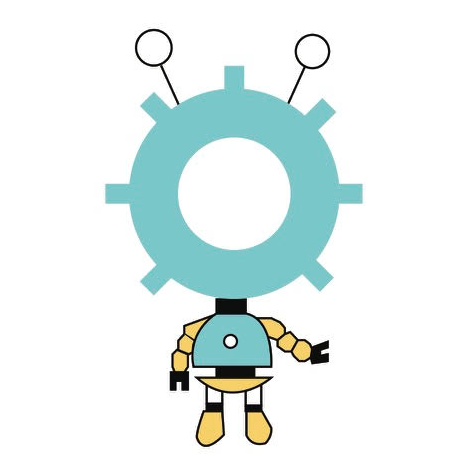
UW student Jasraj Bedi won first place in Capture the Flag and Security Quiz, as part of the team perfect blue at the Cyber Security Awareness Week (CSAW).
CSAW is a continental hacking competition. CSAW was founded by Professor Nasir Memon in 2003 as a small contest for NYU Tandon students.
This competition takes place annually at the NYU Tandon School of Engineering, from Nov. 6-8.
Every year, under the guidance of information security professionals and faculty, NYU students create contests to be held in the world’s most exhaustive student-led cybersecurity competition. The globe’s top hacker students tackle challenging cyber threats, that are designed to push past limits and mirrored the realistic changing nature of cyber security.
Over in Virtual Reality, UW professor Kristina Llewellyn, specializing in oral history, is leading the development of a project named Digital Oral Histories for Reconciliation (DOHR). This project aims to develop an emerging technology, the Oculus Rift, and uses it to create virtual reality oral histories of the residents of Nova Scotia Home for Coloured Children (NSHCC).
NSHCC was an orphanage for black children, who were victims of institutionalised racism and abuse. This project was developed to provide students with the opportunity to acknowledge the historical harms of racism.
“The two-week curriculum includes lessons designed to encourage students to discuss the root causes of the abuse they witness,” says a press release.
The oral histories of survivors, including Gerry Morrison, Tracy Dorrington-Skinner and Tony Smith, the co-chair of Victims of Institutional Child Exploitation Society, were used.
On campus, Blackberry has teamed up with UW and has announced plans to develop a joint innovation lab.
Their goal is to create lab focused solely on accelerated research and development. This will readily get products to the market.
Top Blackberry Research and Development and business leadership teams will be working with UW students in research, workshops and economic development sessions. This will take place on campus via an official partner suite.
Making major news around the world, UW graduate students Mostafa Alizadeh and Hajar Abedr, under the supervision of Professor George Shaker, developed a sensor that can potentially save lives when a child or pet is left in a vehicle.
It couples radar technology and artificial intelligence to recognize children and pets left in an otherwise empty car with 100 percent accuracy.
“The low-power device, which runs on a vehicle’s battery, distinguishes between living beings and inanimate objects by detecting subtle breathing movements,” stated a press release.
Once it detects the presence of unattended child or pet in a vehicle, an alarm is triggered, and vehicle doors are prevented from locking. This device has been aimed for market-release by the end of 2020.
Under the radar Cheriton School of Computer Science Professor, Christopher Batty, has successfully developed a way to make accurate liquid simulations which have been in high demand in various industries.
His simulations have been able to precisely portray the viscosity of liquids like honey and caramel.
Previously, Batty had worked to mimic the general behaviour of viscous liquids as part of his PhD—but that work did not show the coiling effect of viscous liquids.
Batty used a variation of the Navier-Stokes equations and coupled the viscosity and pressure forces in a liquid to successfully simulate the coiling effect of a viscous liquid.
In MedTech, NERv Technology, a Velocity Garage based medical technology start-up, co-founded by two UW engineering students won first place and the prize of half a million in the Entrepreneurship World Cup (EWC) hosted in Saudi Arabia, in June.
NERv was launched by UW engineering alumni Youssef Helwa and Amr Abdelgawad. NERv was created with the desire to prevent loss of life due to unknown post-operative complications.Their main goal was to create a device that would detect gastrointestinal leakage which is fairly common post surgery. The award-winning sensory platform capable of detecting leaks within minutes was successfully created by NERv, and it is currently patent pending.




























